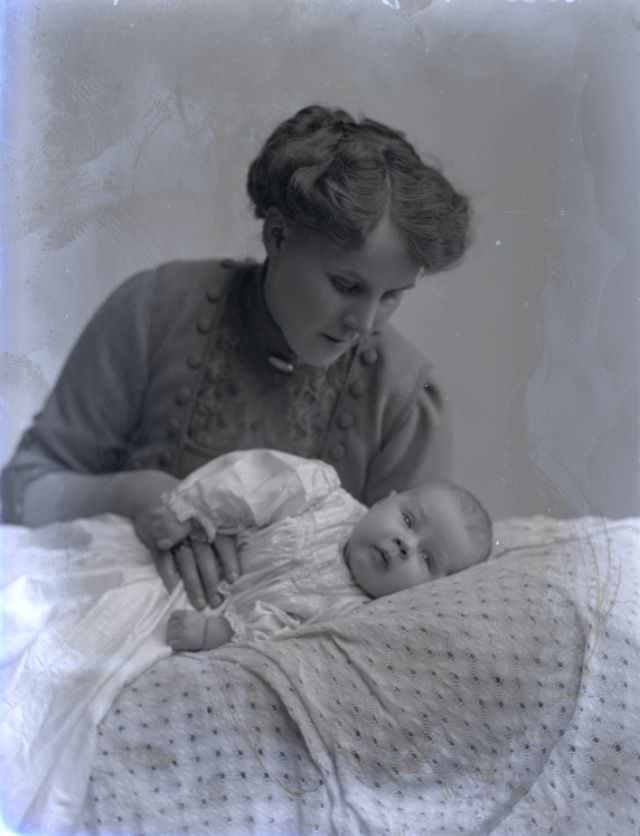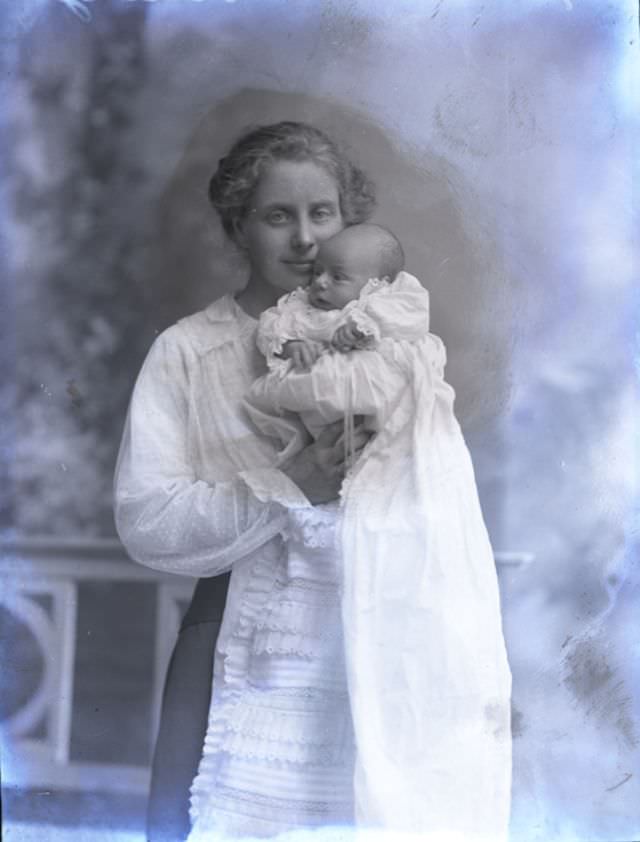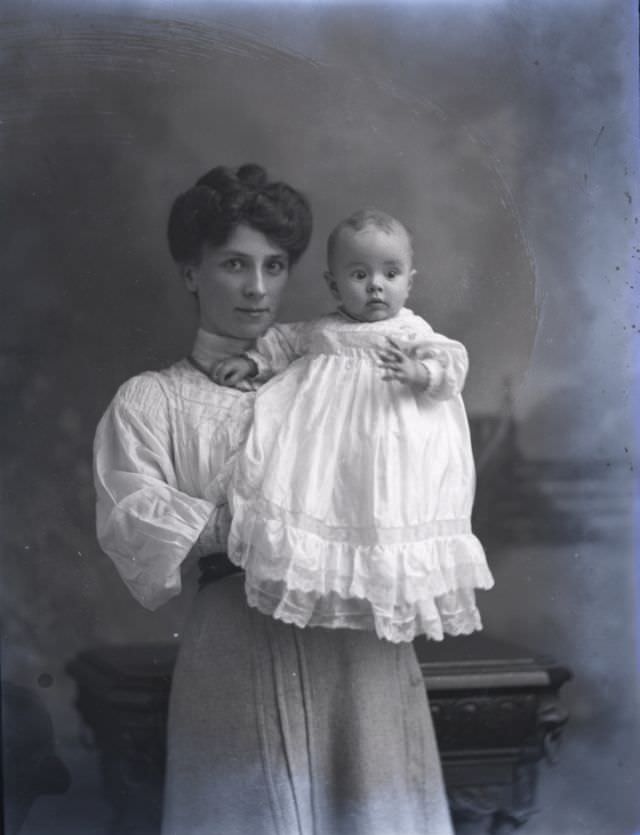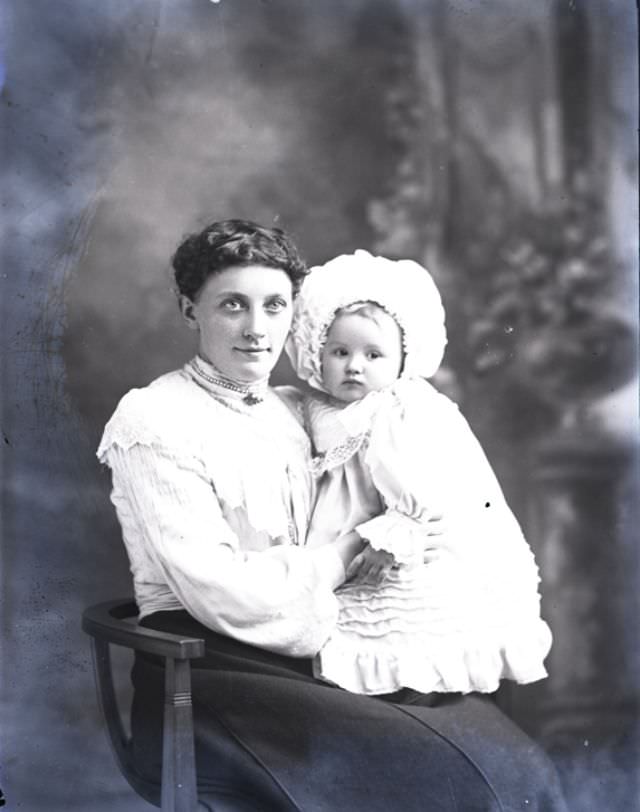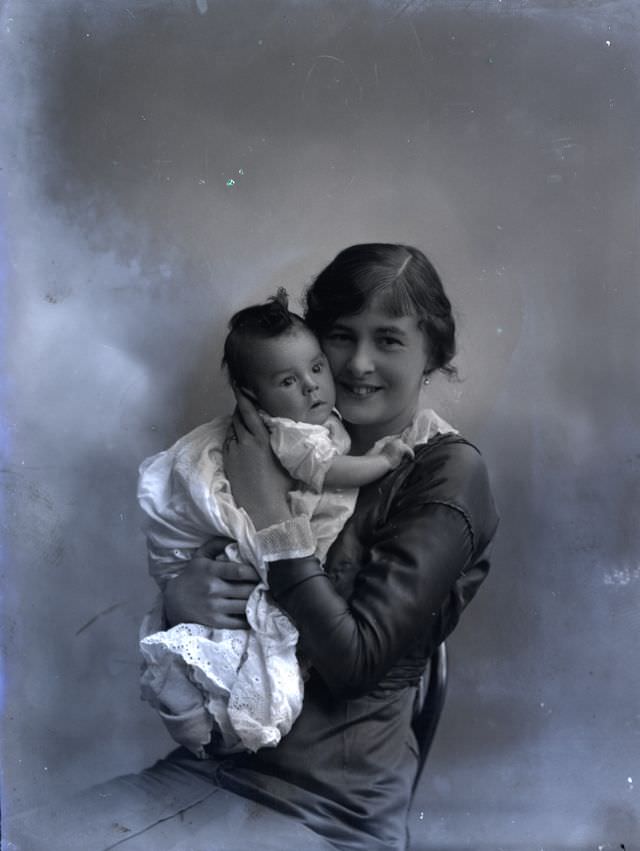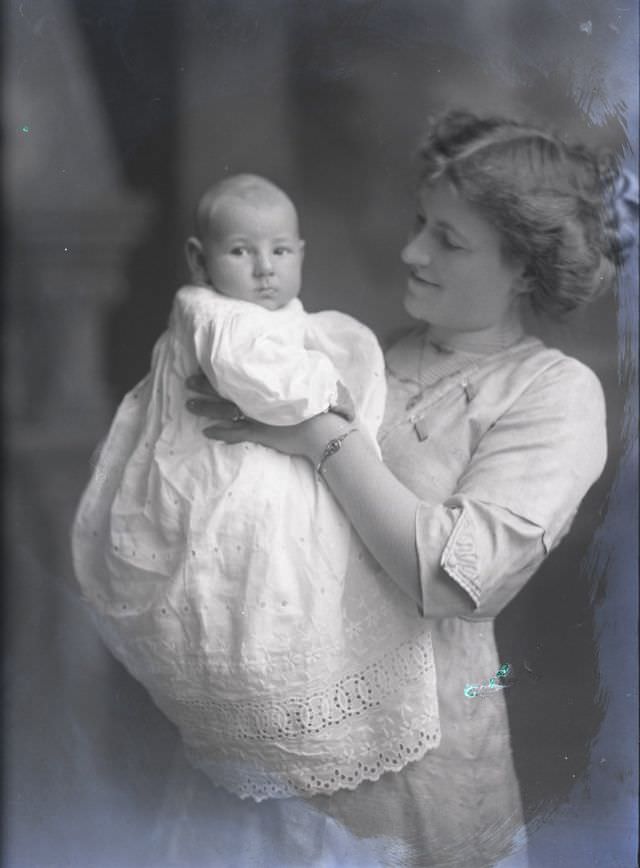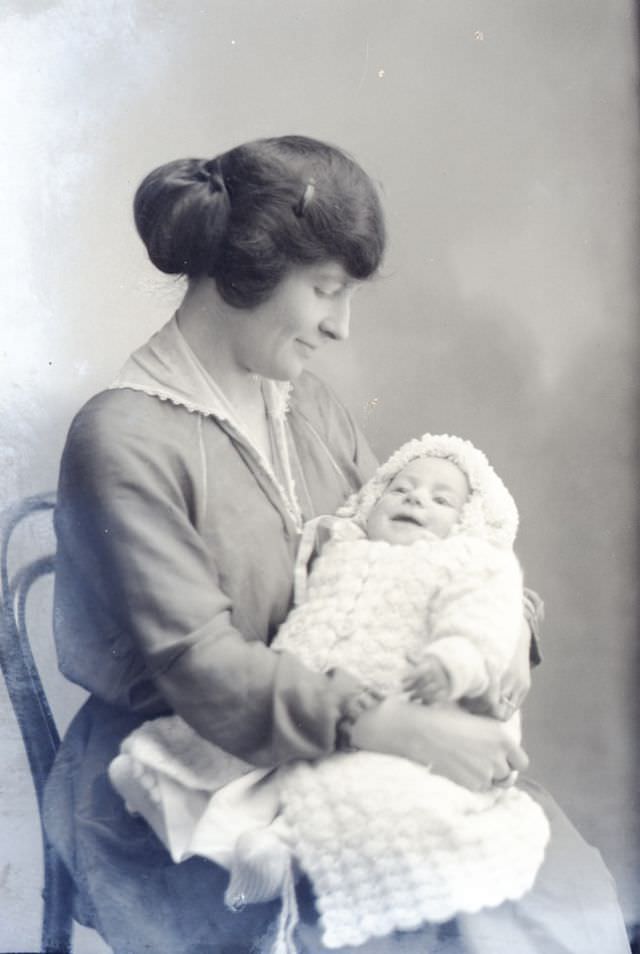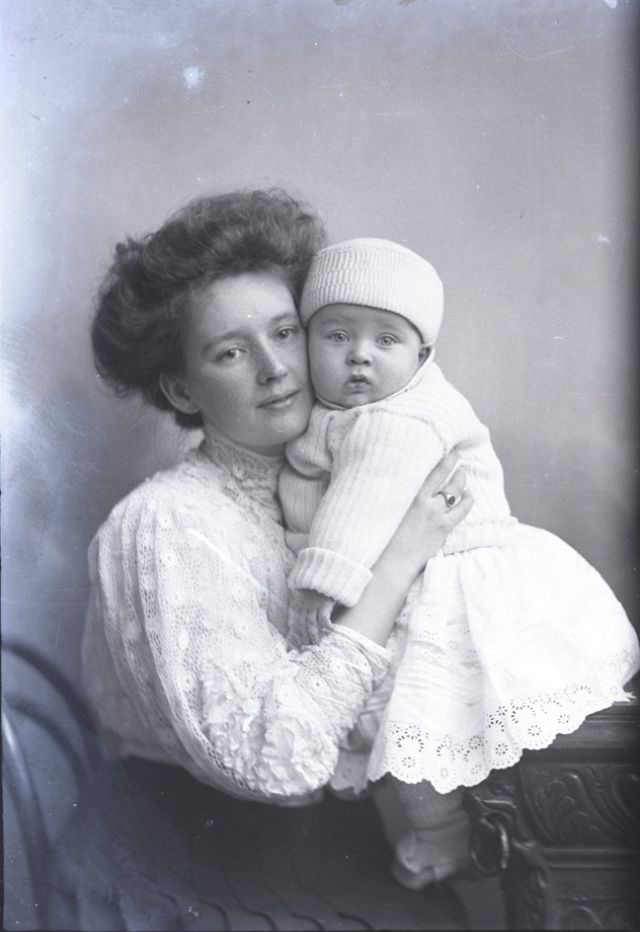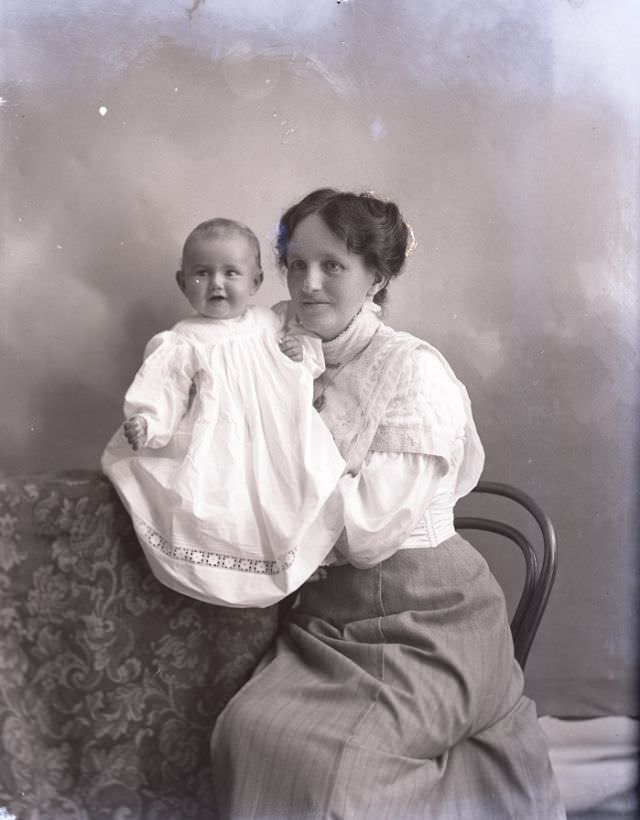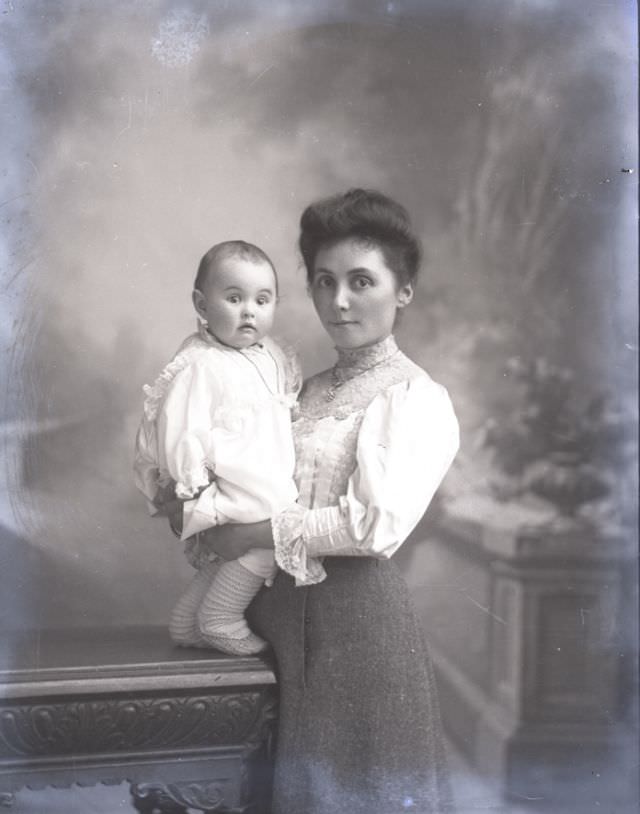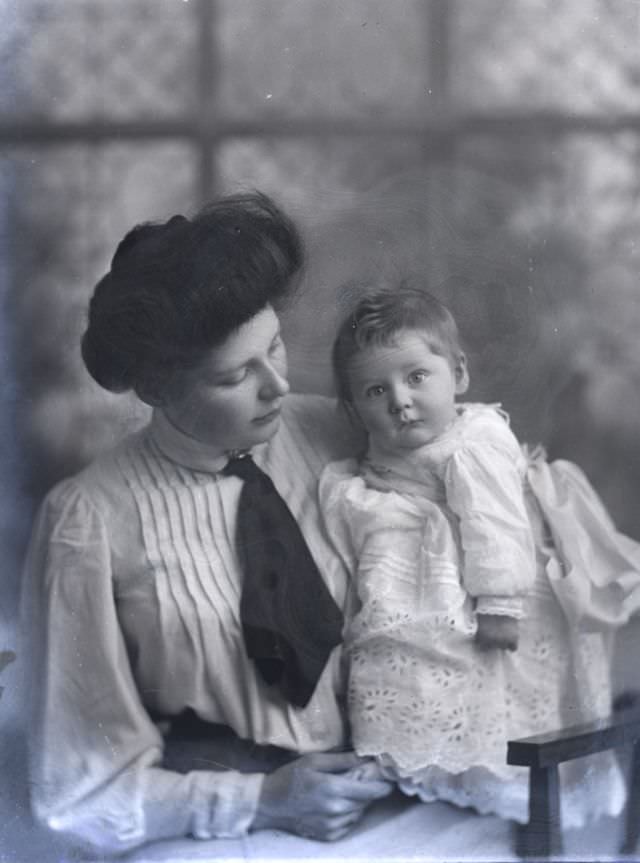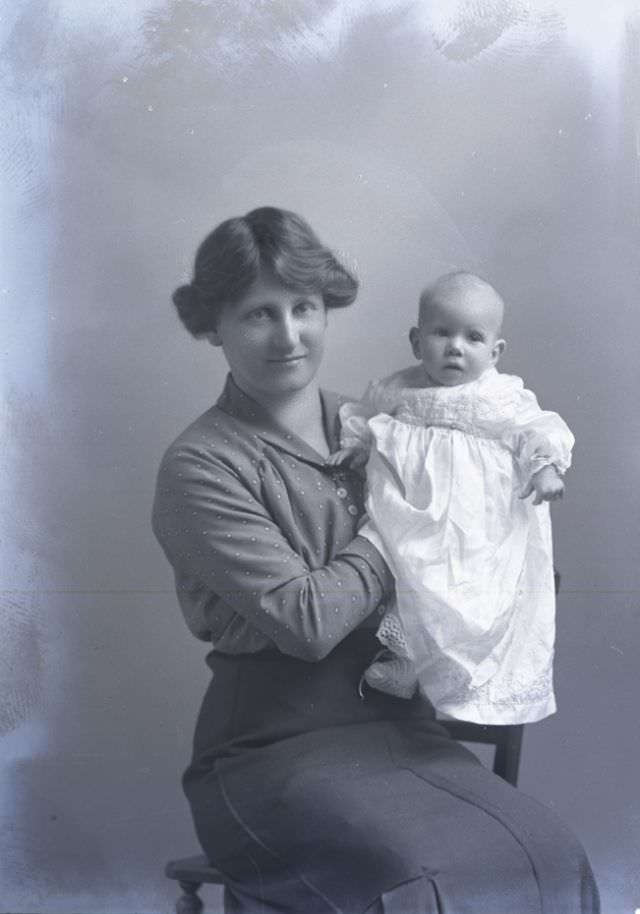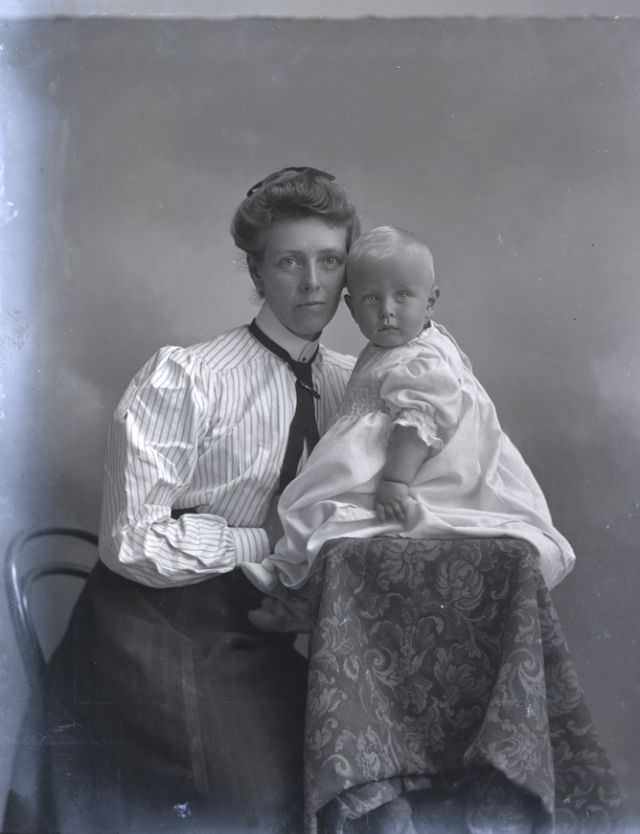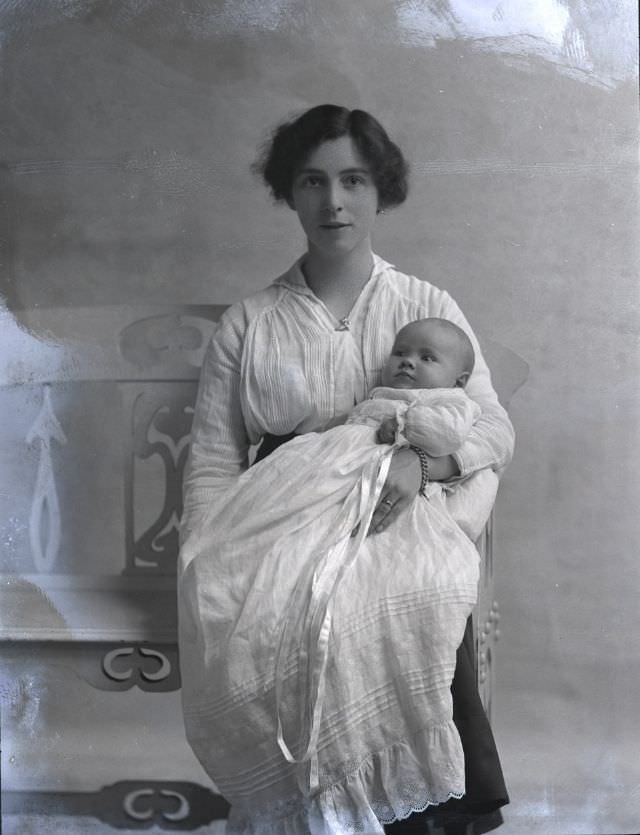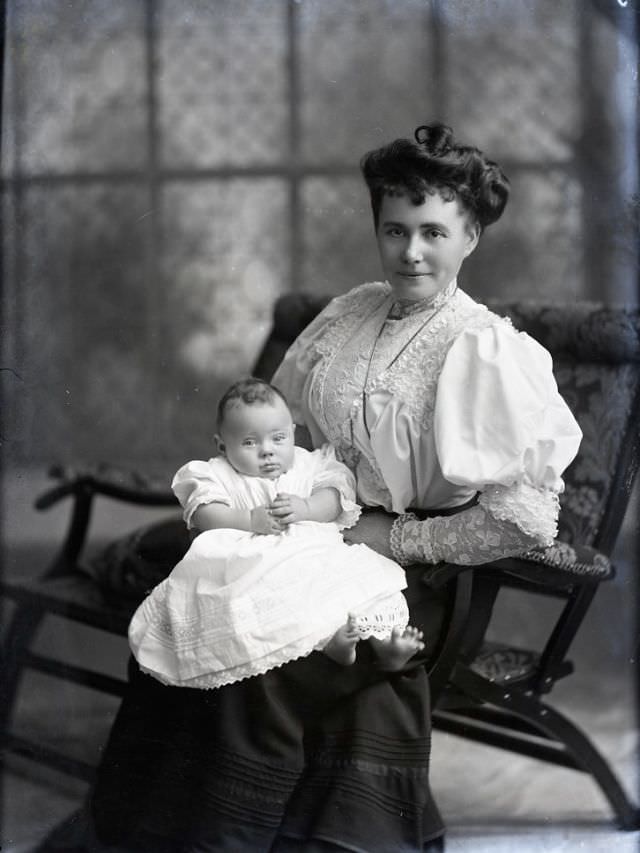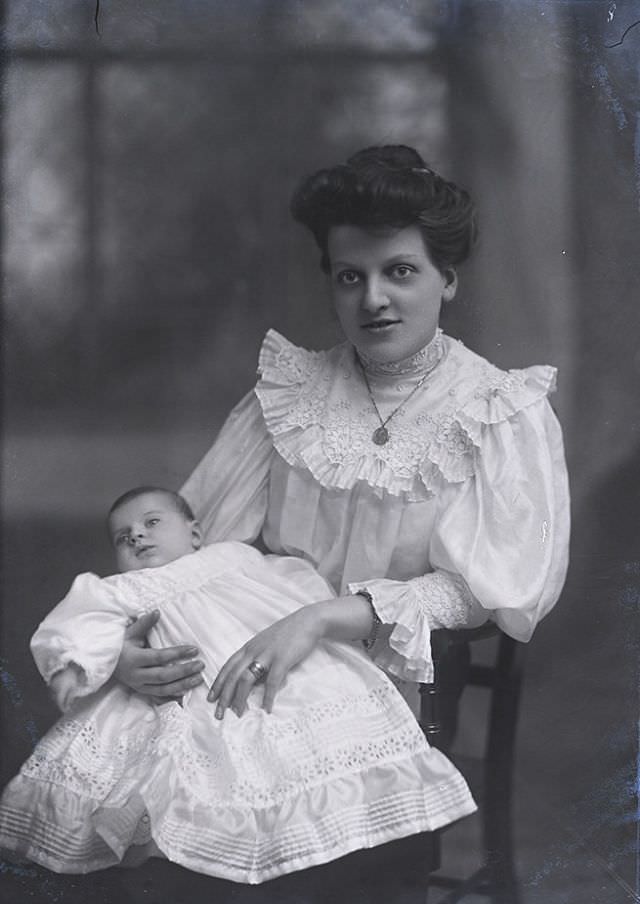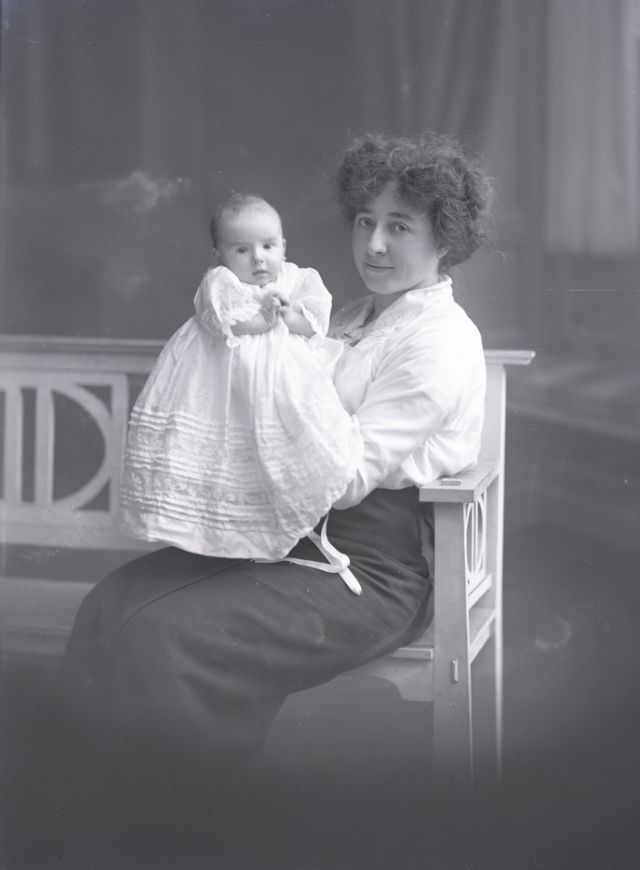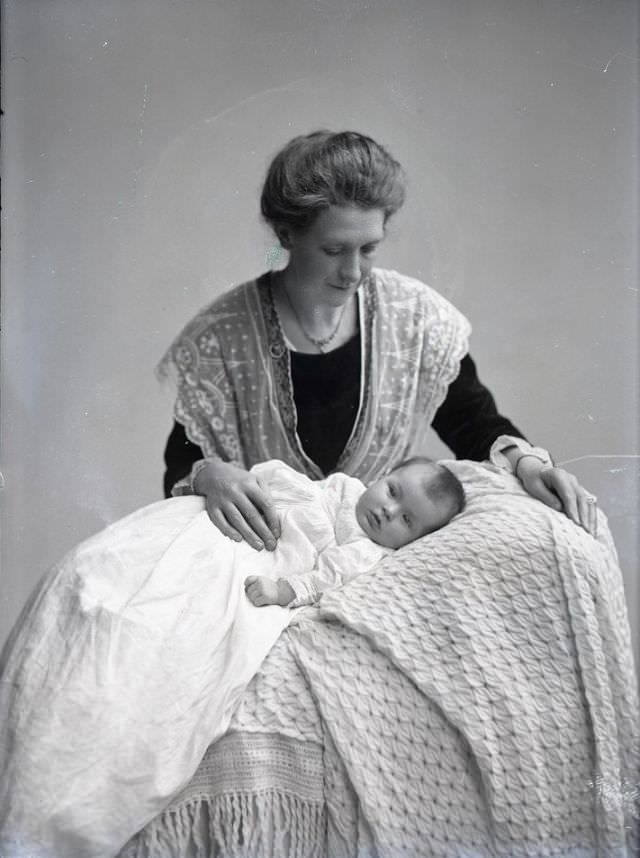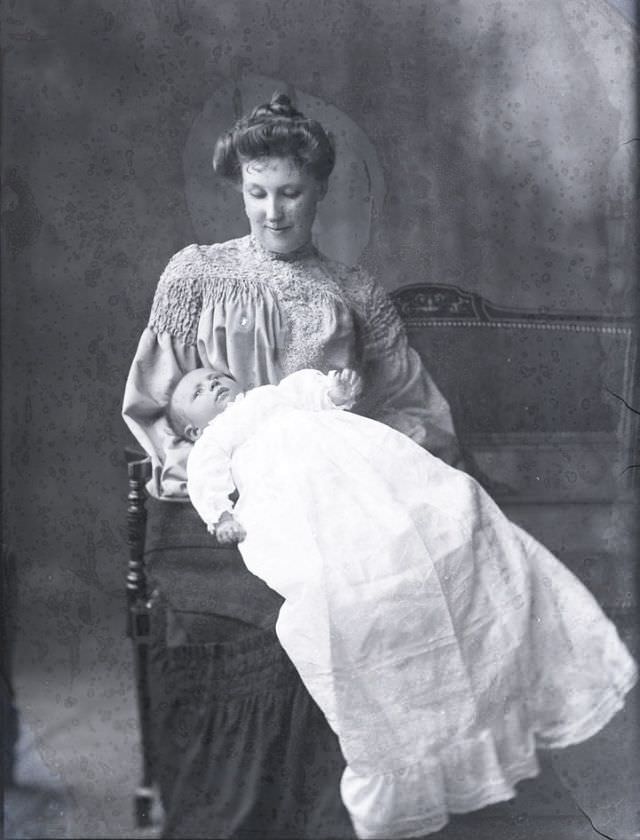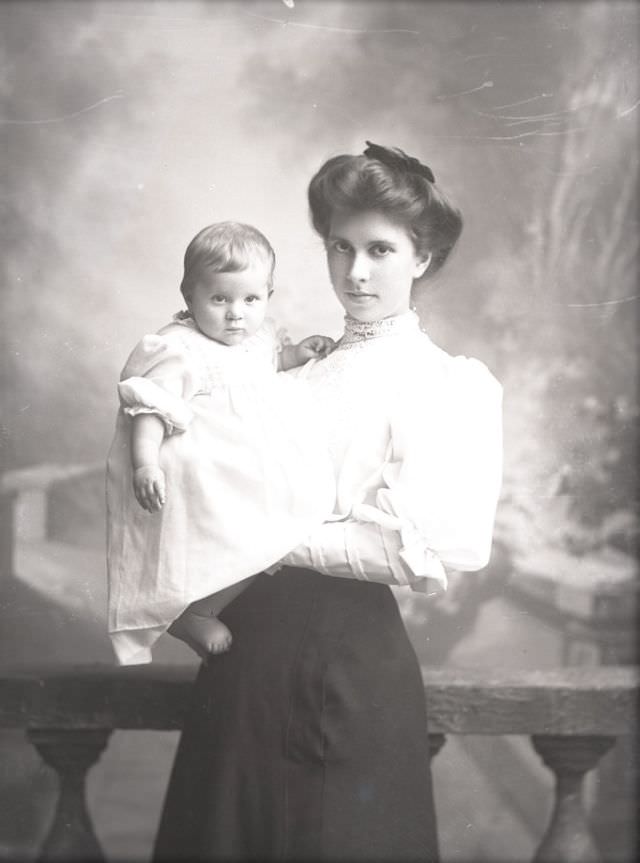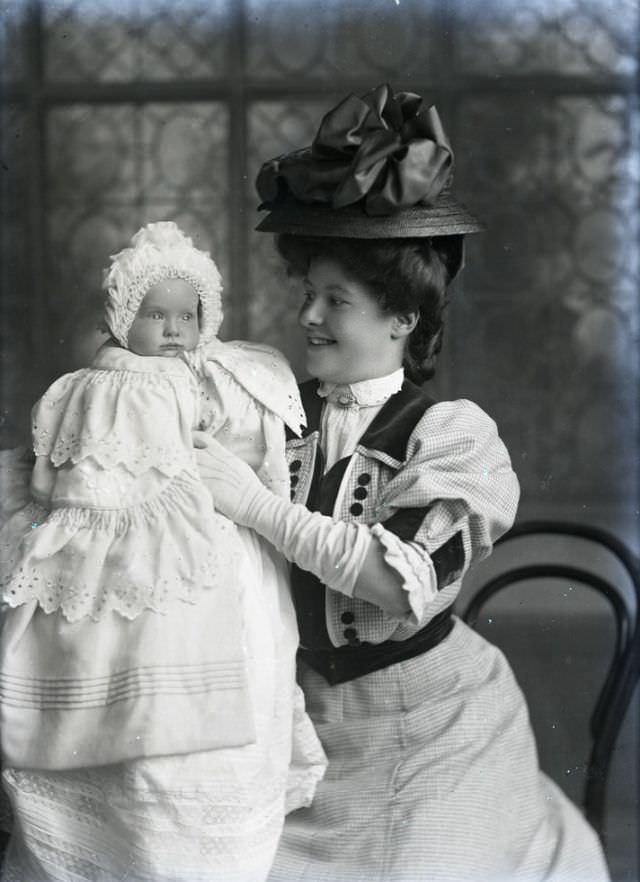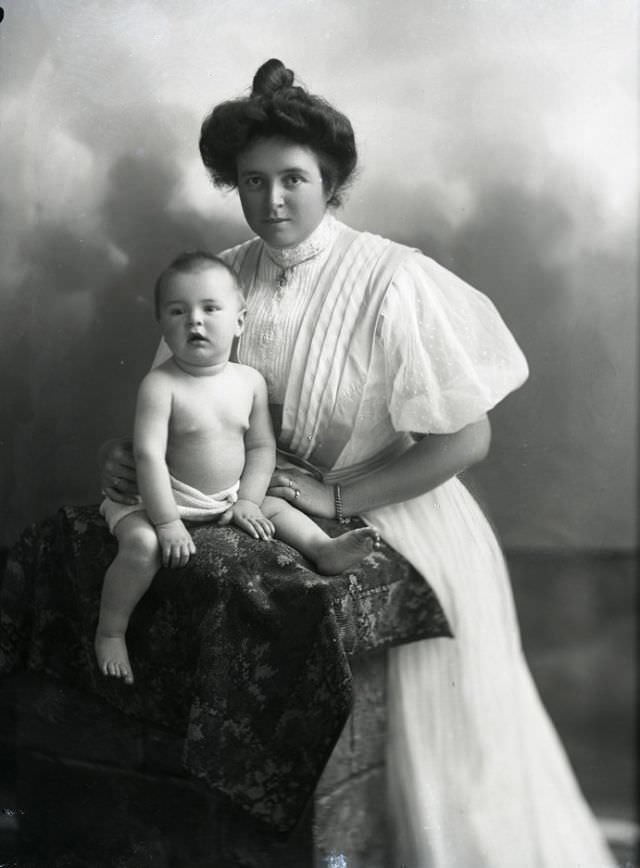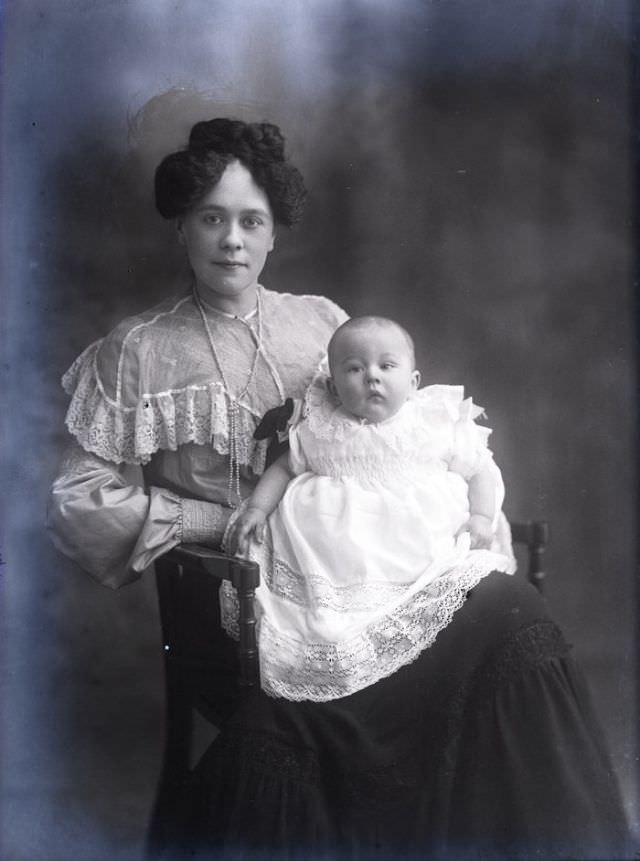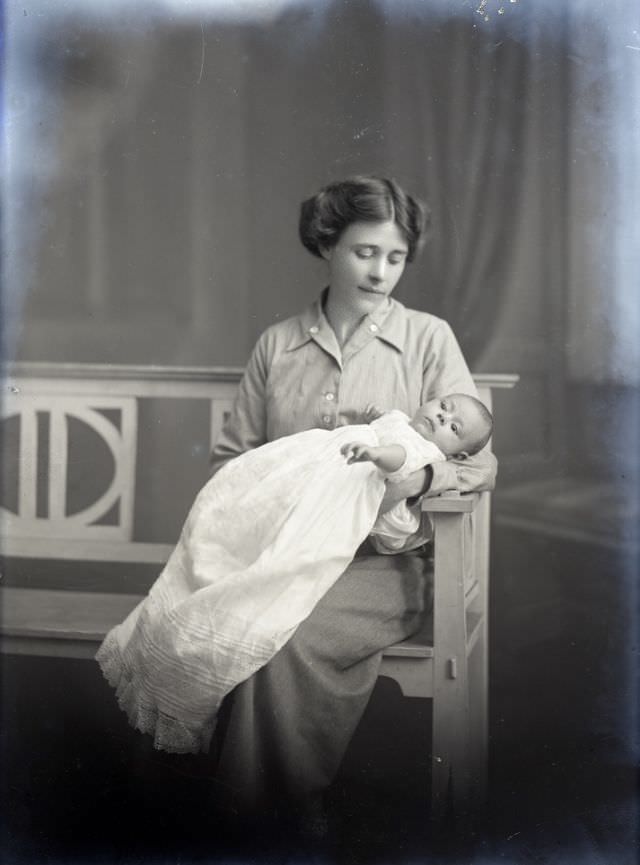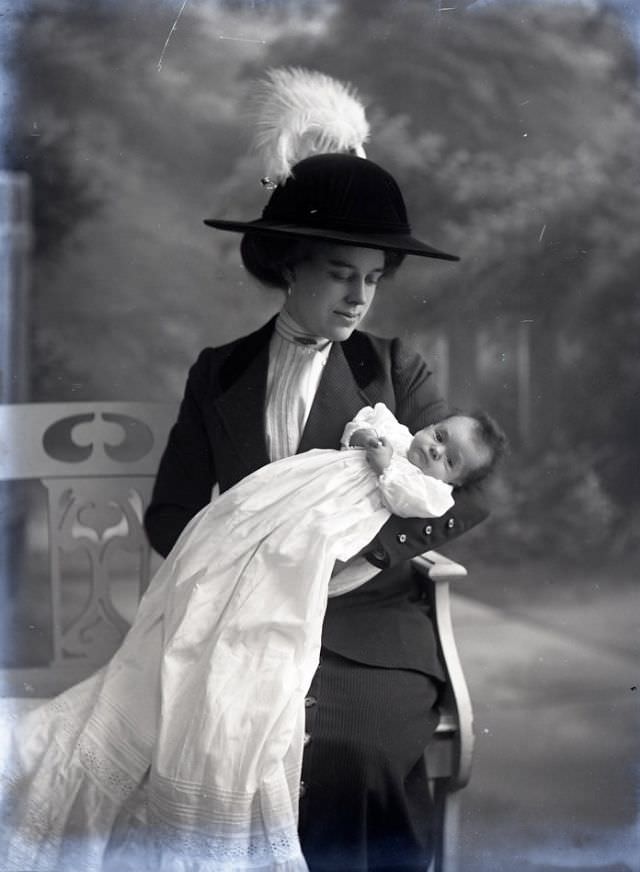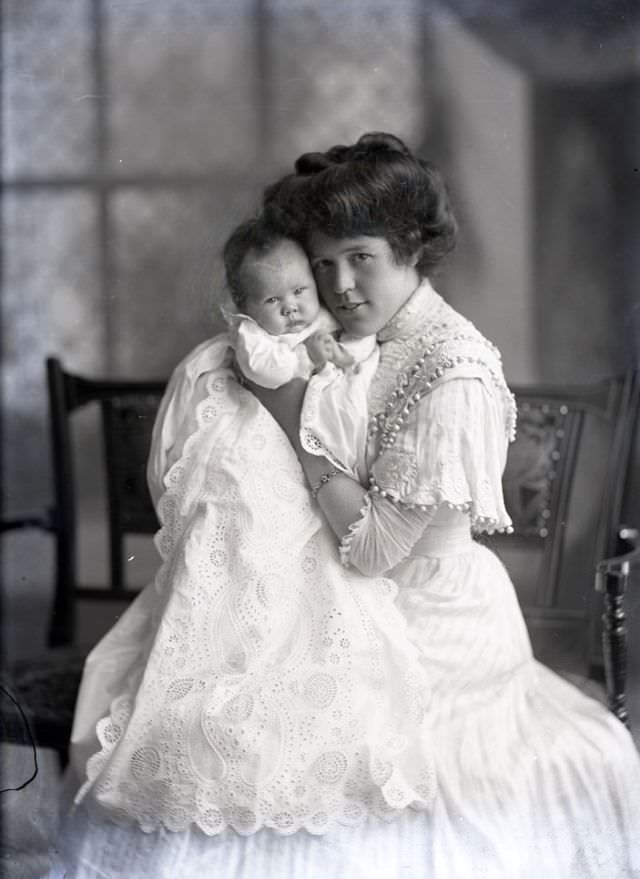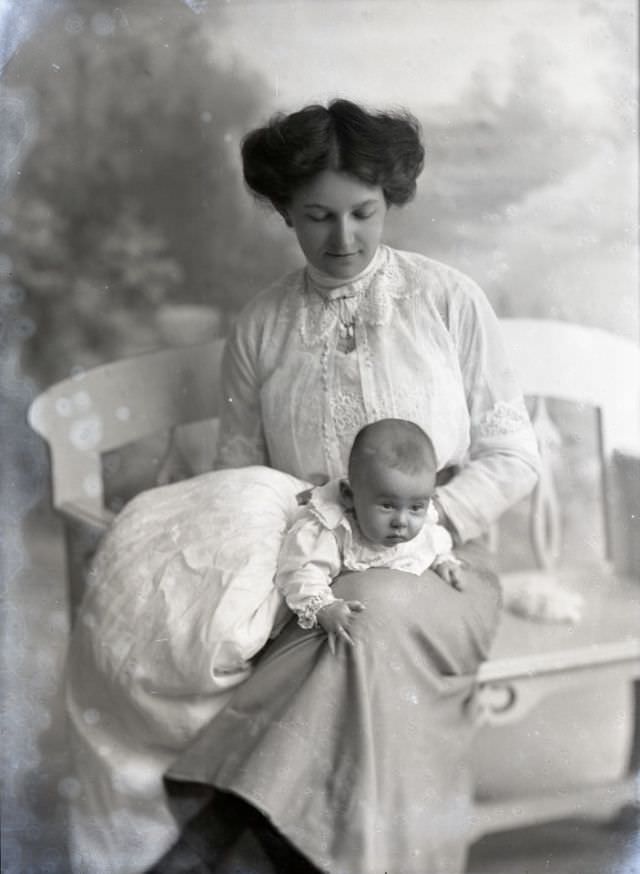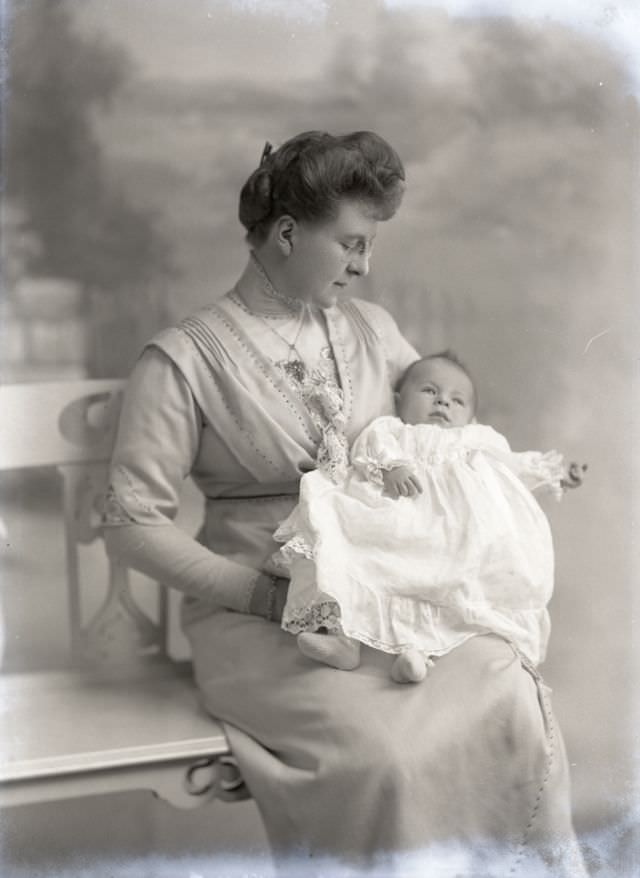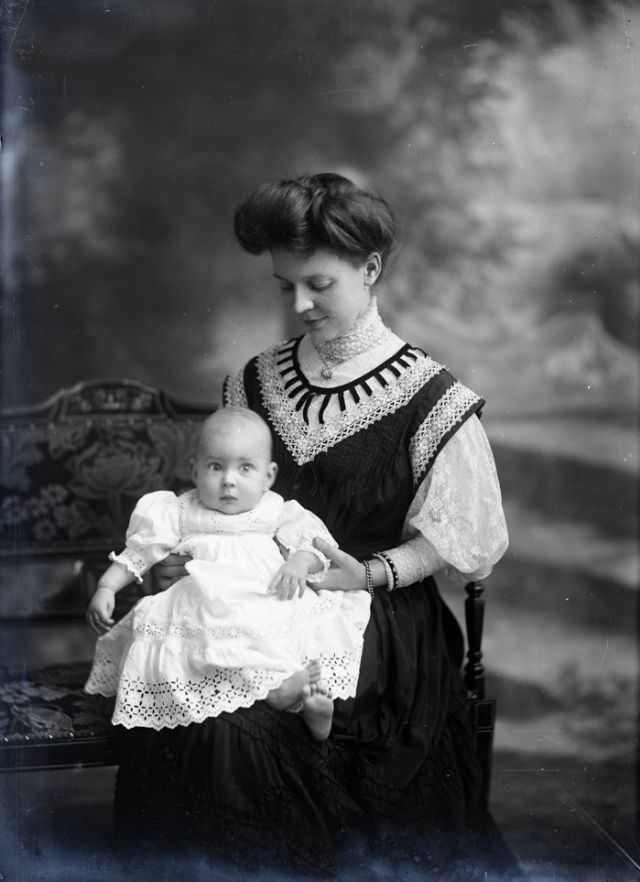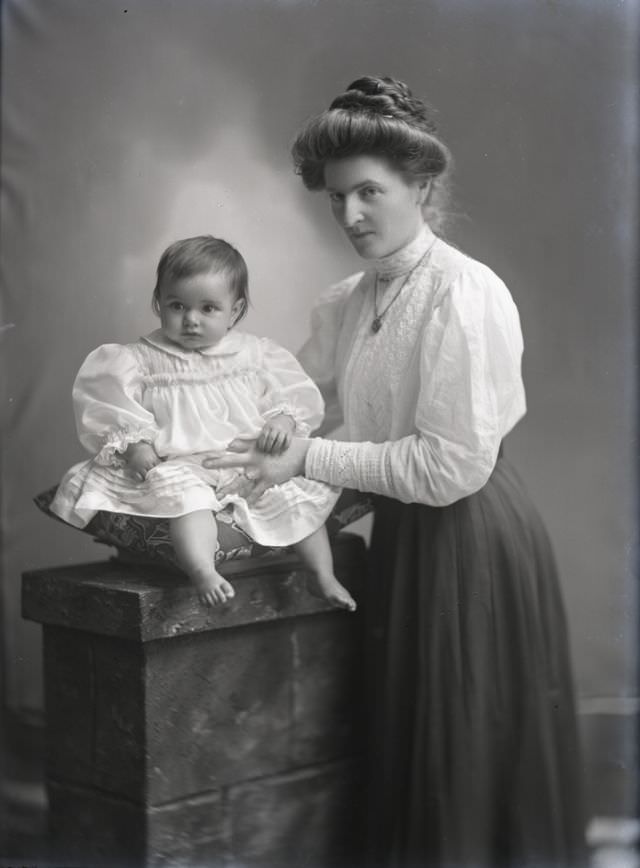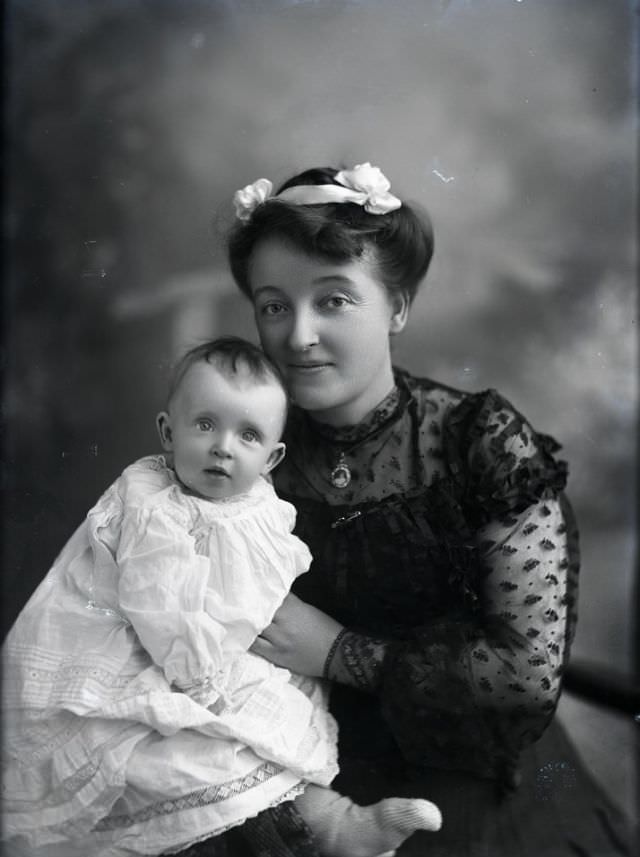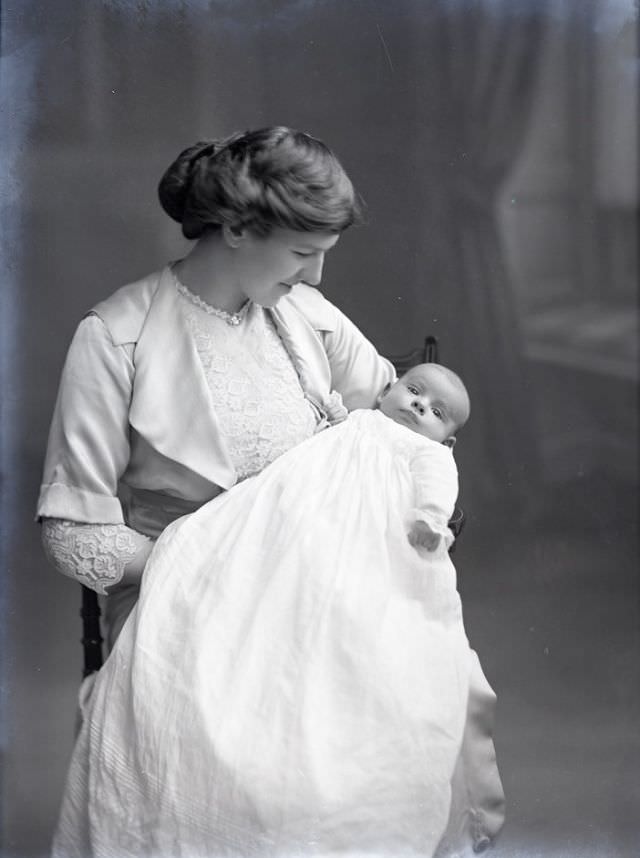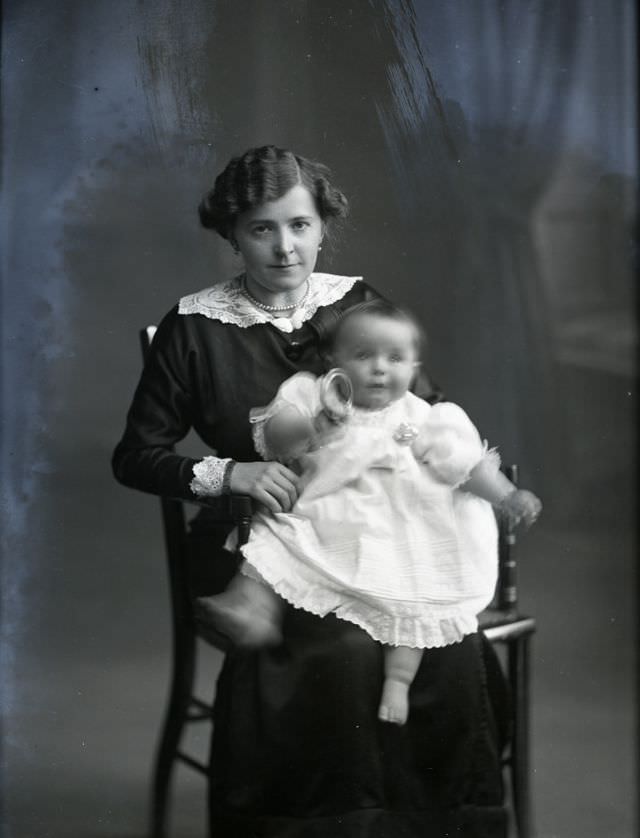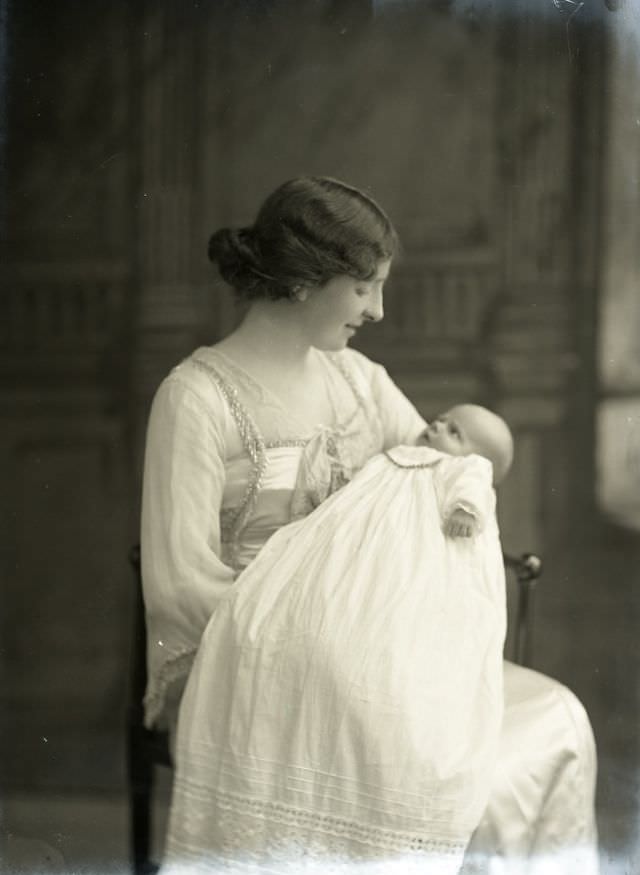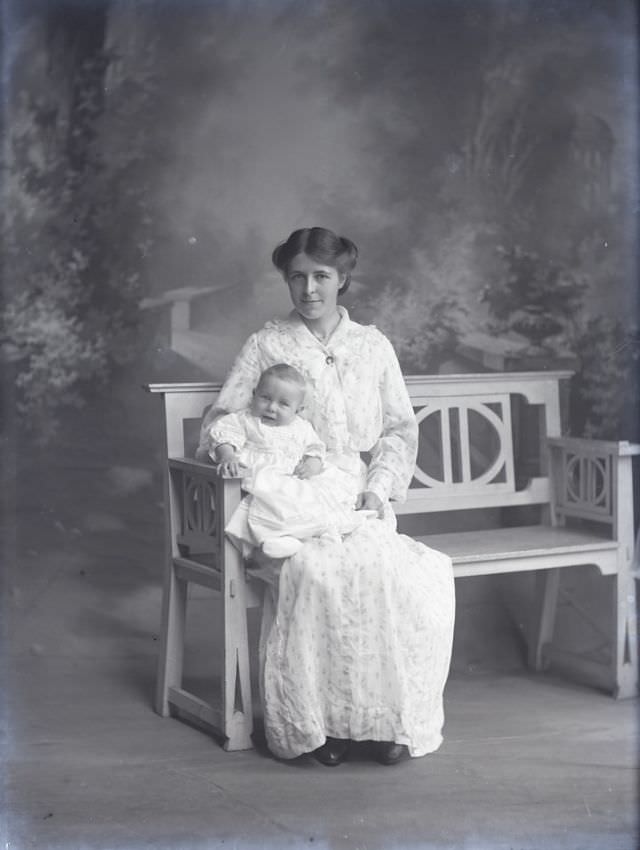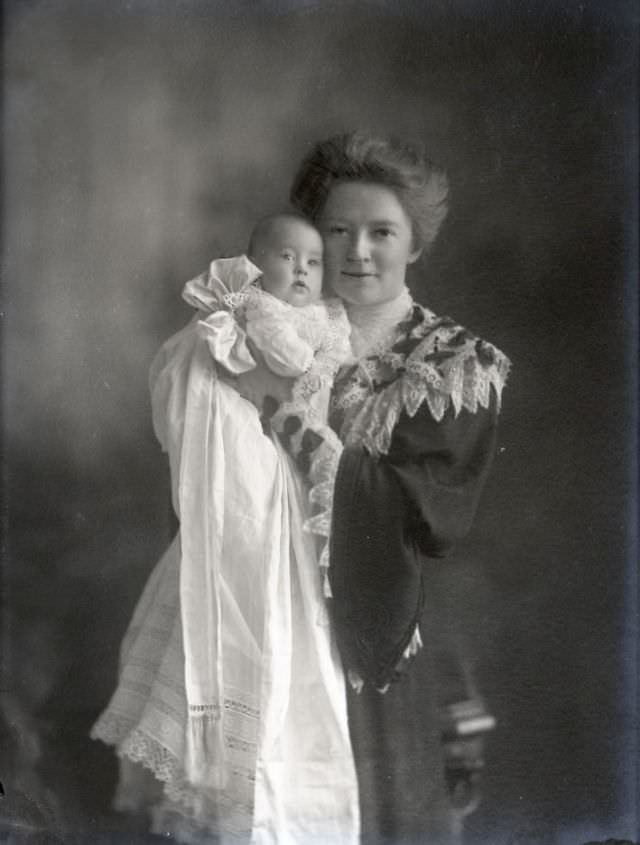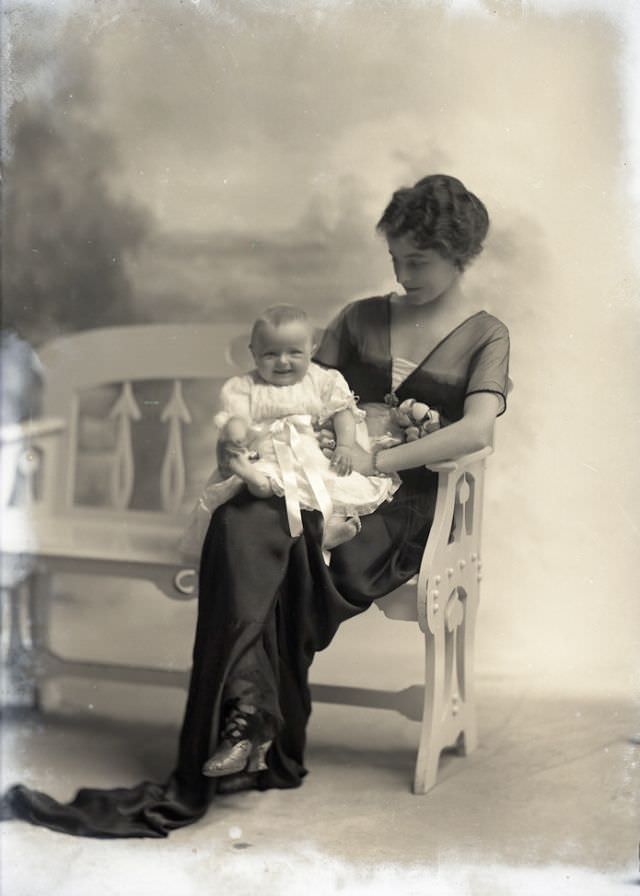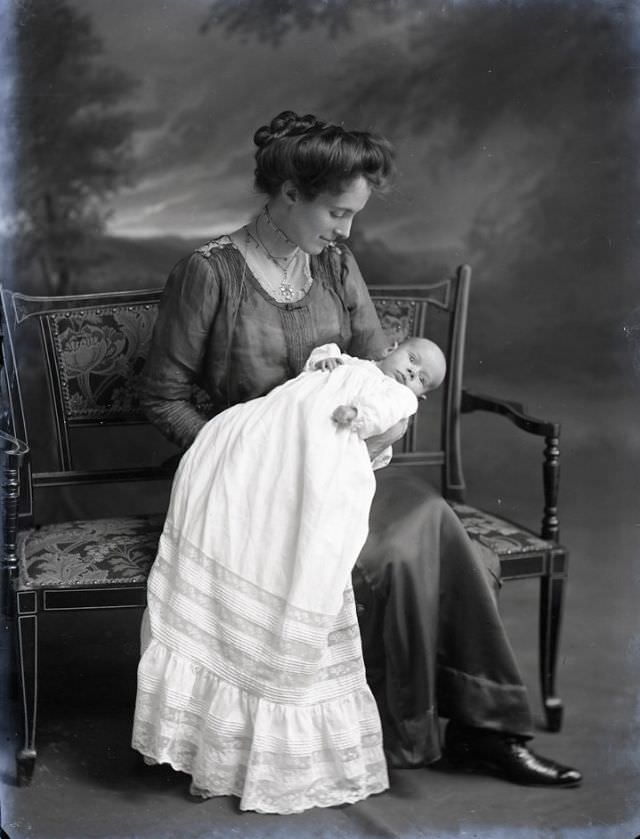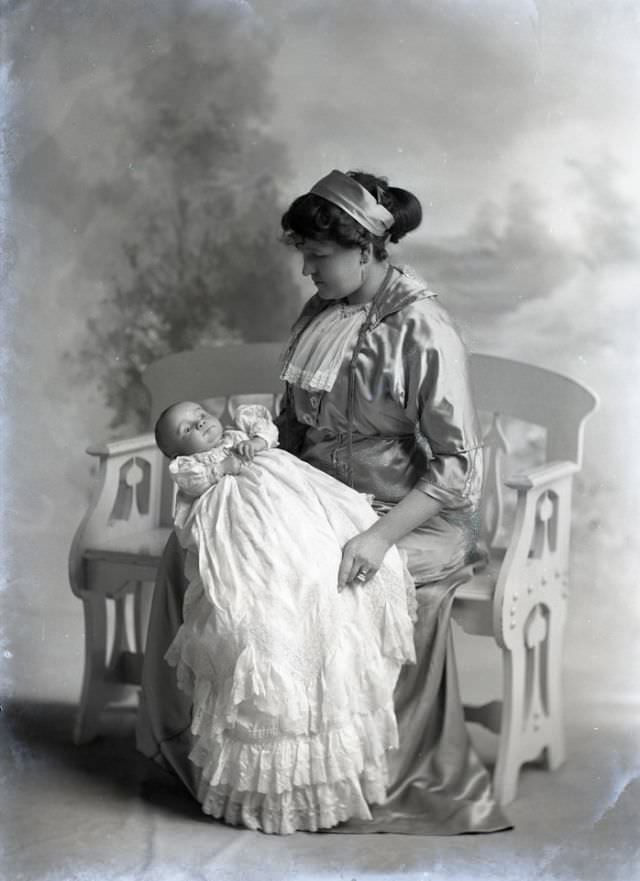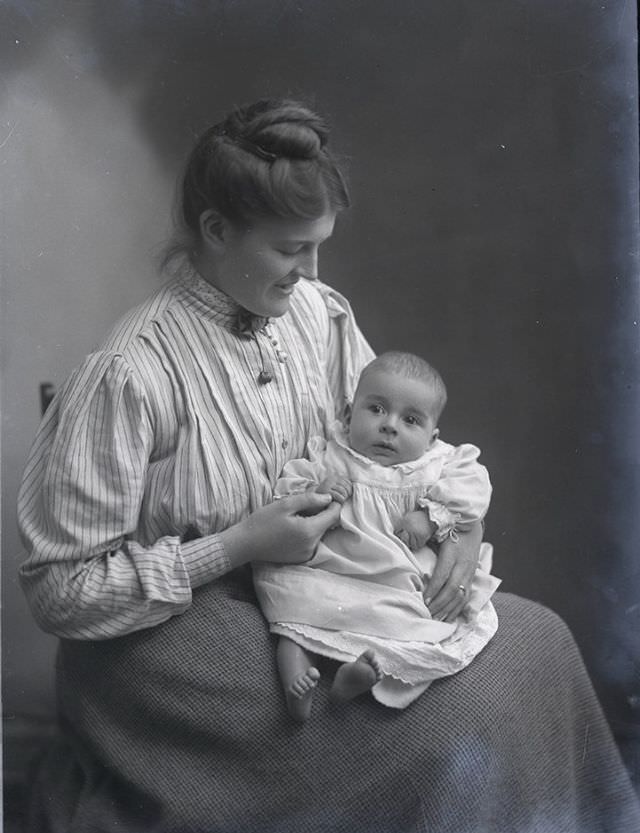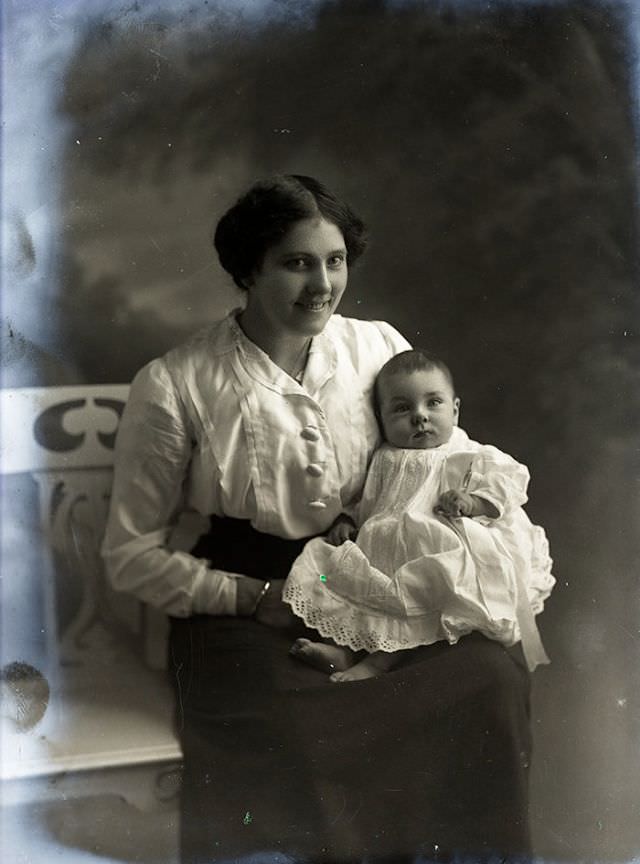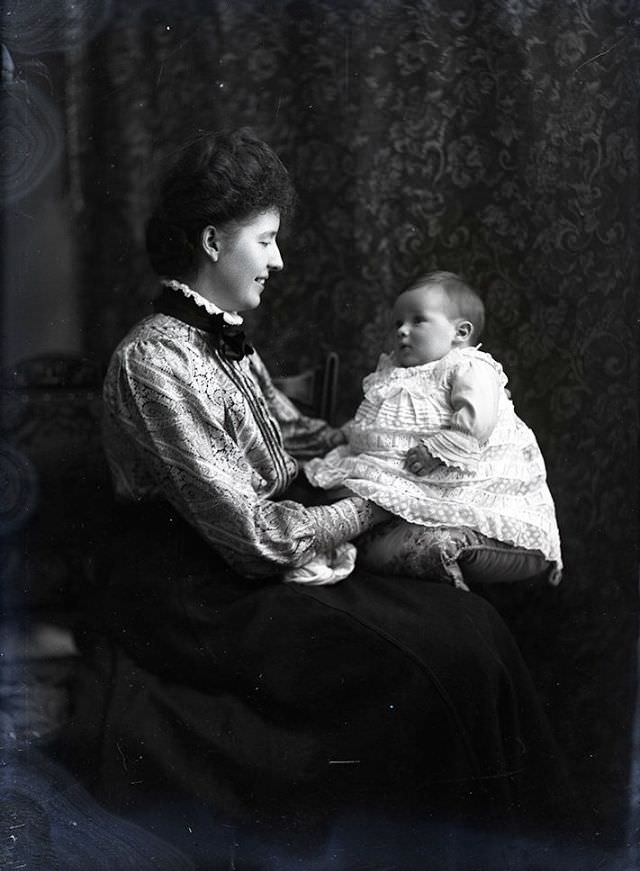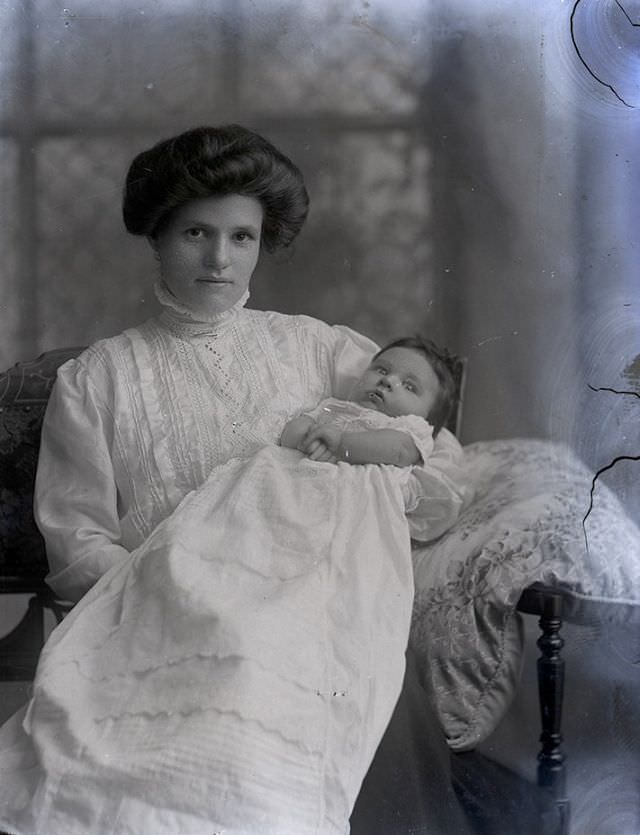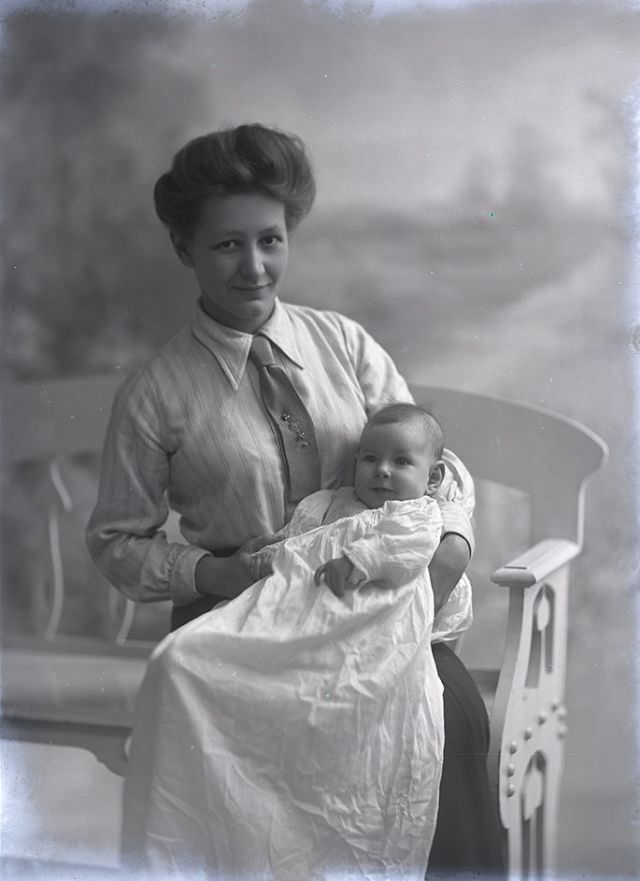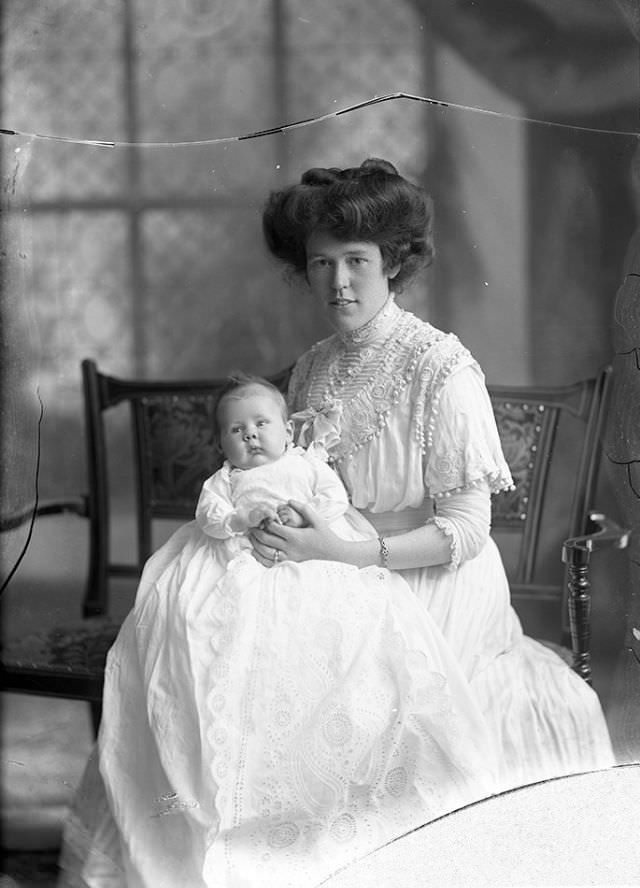The Edwardian era, spanning the early 20th century from 1901 to 1910, was a time of great change, both socially and culturally. It was also an era that focused on family values, and the role of mothers was central to Edwardian society.
In the Edwardian era, the role of the mother was highly regarded and revered. Mothers were seen as the moral compass of the family, guiding and nurturing their children into proper citizens. Motherhood was considered one of the most important roles a woman could fulfill. Being a mother was seen as a woman’s natural calling, and societal expectations were centered around the nurturing, care, and moral upbringing of children. The society of the time placed great emphasis on maternal virtues, seeing mothers as the embodiment of purity and self-sacrifice. This emphasis on motherhood was reflective of the era’s values, intertwining traditional roles with a strong sense of duty and familial responsibility. The role of the mother during this period was not only about caring for the physical needs of children but also about shaping their character and instilling values that would make them responsible and upright citizens.
Mothers were often responsible for the emotional and physical well-being of their offspring, tending to their needs with unwavering attention and love. This nurturing went beyond mere feeding and clothing; it encompassed teaching manners, instilling moral values, and providing a secure and loving environment in which the child could grow and thrive.


